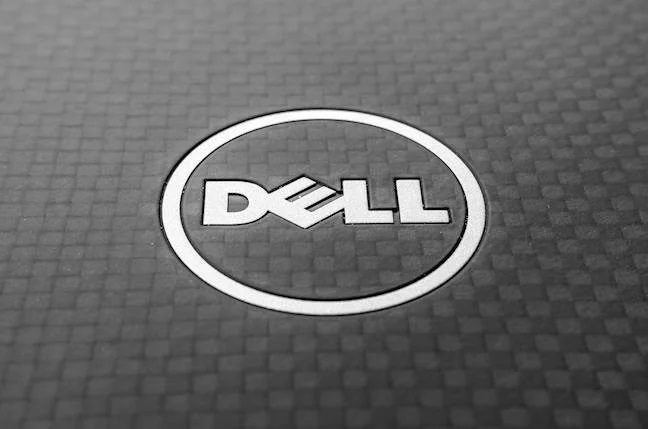Dell grew Q1 2023 revenues to a record level on a year-over-year basis with commercial PCs up 22 percent, server revenues up 16 percent, and storage up 9 percent, while still grappling with a troublesome supply chain.
In the quarter ended April 30, Dell revenues were $26.1 billion, up 16 percent: the Infrastructure Solutions Group – servers, networking and storage – delivered $9.3 billion, and the Client Solutions Group – PCs – contributed $15.6 billion. Profit $1.1 billion profit, a rise of 17.3 percent on a year ago. This was Dell’s fifth consecutive quarter of growth.
Vice chairman and co-COO Jeff Clarke said in a statement: “We followed a record FY22 with a record first quarter FY23… with growth across our business units.”
Co-COO Chuck Whitten talked of the benefits of having “a strong, geographically and sector-diverse business covering the edge to the core data center to the cloud,” proclaiming: “We are positioned to pursue growth wherever it materializes in the IT market, given the predictability, durability and flexibility in our business.”
Financial summary
- Operating income: $1.6 billion, up 57 percent year-on-year
- Operating cash flow: -$0.3 billion, primarily driven by annual bonus payout and seasonal revenue decline
- Diluted EPS: $1.84, up 36 percent and a record
- Recurring revenue: $5.3 billion, up 15 percent
- Cash & Investments: $8.5 billion, up 15 percent
Core debt, which was at $42.7 billion in fiscal 2019, has fallen to $16.5 billion as of Q1 2023. That’s down 41 percent year-on-year.
Within ISG, servers and networking provided $5 billion in turnover, up 22 percent, with storage up 9 percent and generating $4.2 billion. This follows several quarters of slower storage sales.
Analyst Aaron Rakers told subscribers: “Dell delivered what we think should be considered very strong F1Q23 ISG results.”
CSG saw commercial PC revenues rise 22 percent to $12 billion and consumer revenues increase 3 percent to $3.6 billion.
Rakers said: “Dell’s strong CSG (PC) results reflect the company’s ability to continue to leverage a leadership position in software + peripherals – something we expect to be continually driven by the need for enterprises to support hybrid work.”
ISG is a key pillar of Dell’s business and the company believes it has ample room to grow. The ISG total addressable market was $165 billion in 2021, and is forecast to grow to $216 billion in 2025. Dell noted a shift in IT spend during Q1 from consumers and PCs to datacenter infrastructure, and expects CSG growth to moderate during fiscal 2023. It will moderate most in consumer PCs and ones running Chrome, less so in commercial PCs, which represents over 70 percent of Dell’s PC business.
Earnings call
In the earnings call, Clarke said: “We continue to execute quite well in a complex macro environment… We experienced a wide range of semiconductor shortages that impacted CSG and ISG in Q1. In addition, the COVID lockdowns in China caused temporary supply chain interruptions in the quarter. As a result, backlog levels were elevated across CSG and ISG exiting the quarter.
“We expect backlog to remain elevated through at least Q2 due to current demand and industry-wide supply chain challenges.” But the supply chain problems are being worked through. “People are coming to Dell because there’s confidence in our supply chain to deliver.”
Whitten said IT budgets remain healthy. “What we don’t see is an immediate move to go after a reduction in IT budgets. I mean, right now, it is a very healthy infrastructure environment.”
Revenues in the next quarter are expected to be between $26.1 billion and $27.1 billion, up 10 percent at the mid-point. Full fiscal 2023 revenues are being guided to grow approximately 6 percent over 22’s $101.2 billion. This is despite macroeconomic concerns such as the geopolitical environment, inflation, interest rates, slowing economic growth, currency, and continued disruption to supply chains and business activity.
Dell expects its relationship with VMware to continue unchanged if Broadcom completes its purchase.








